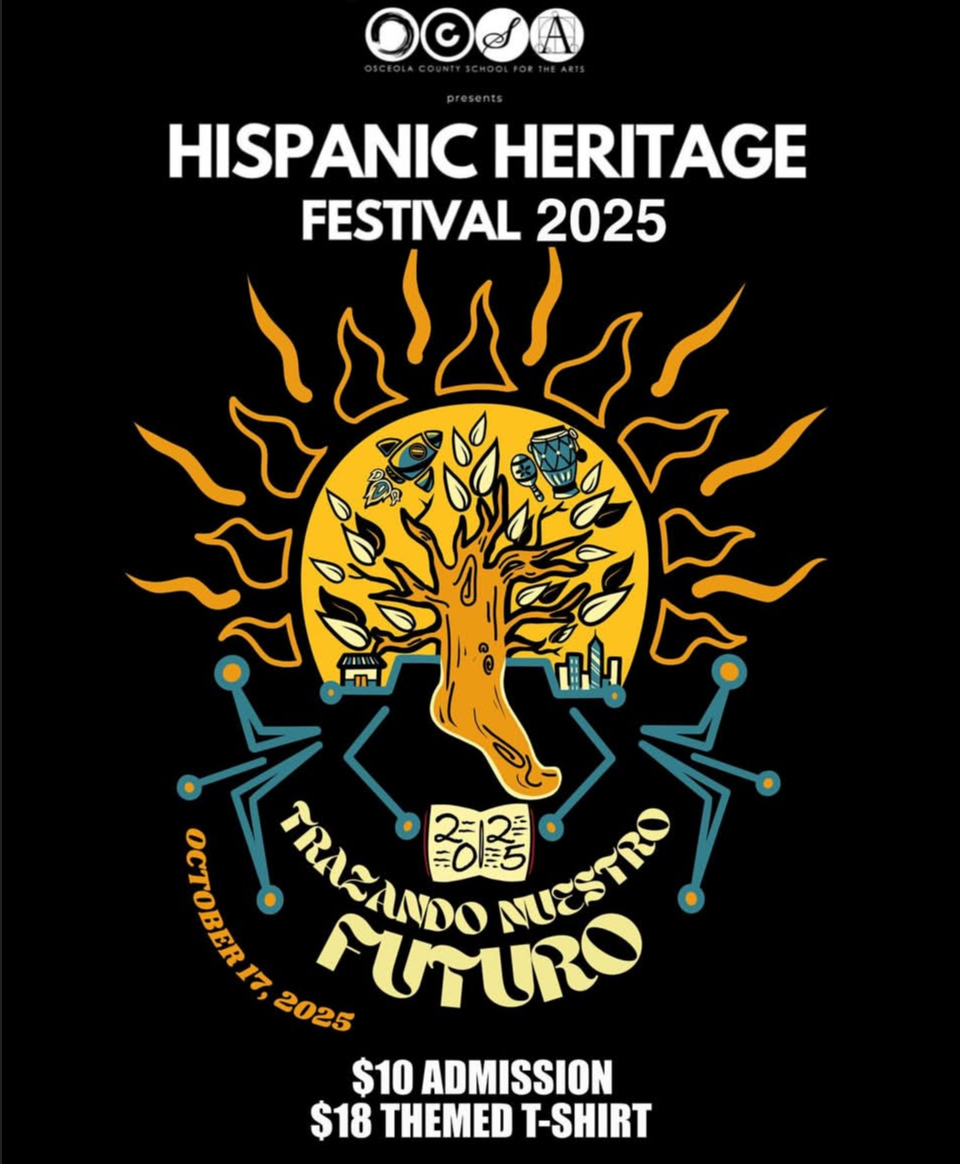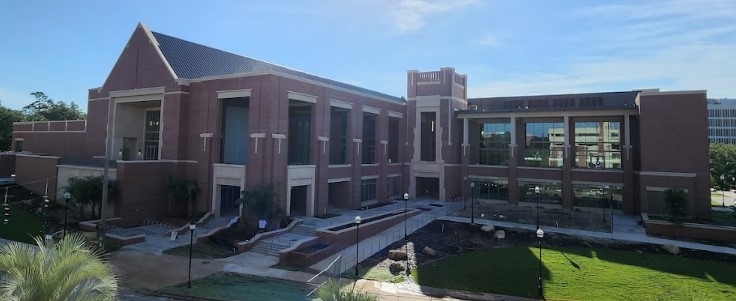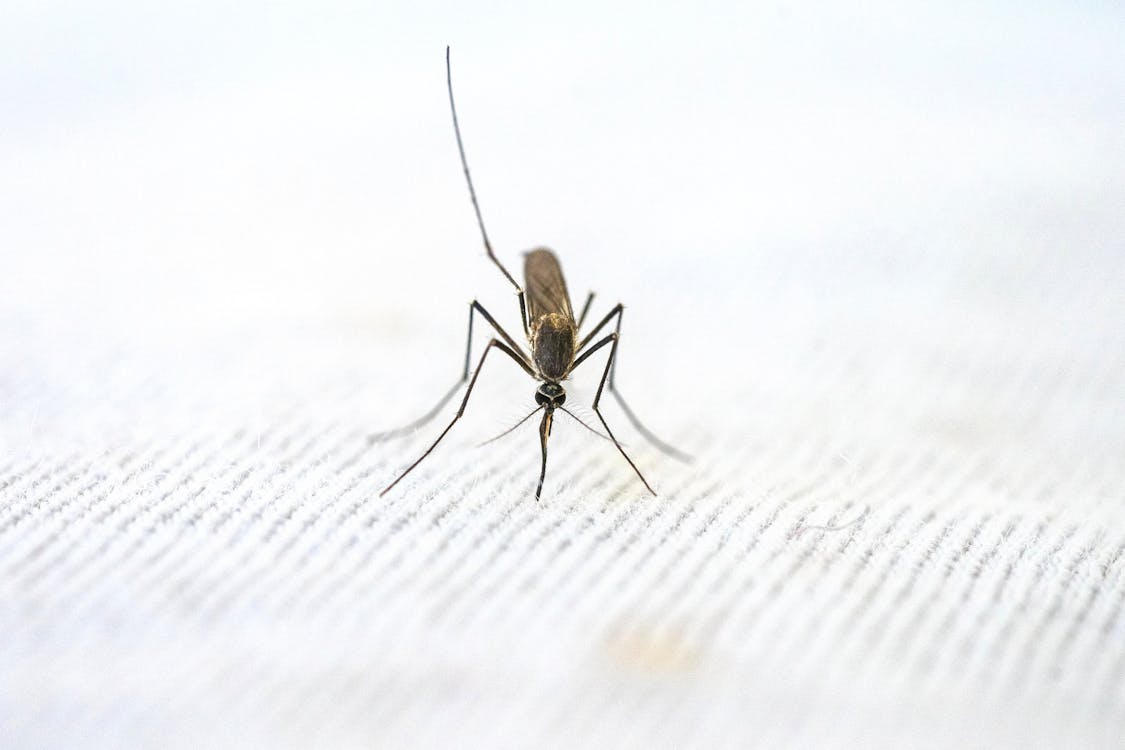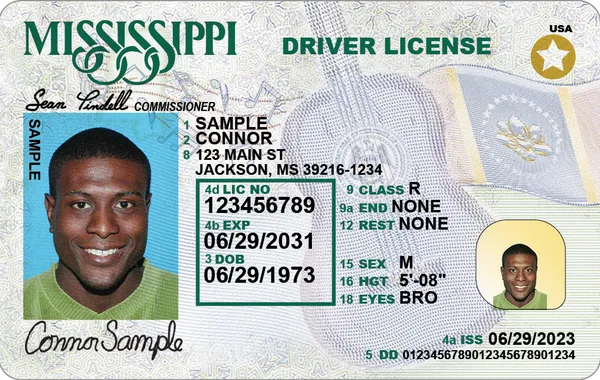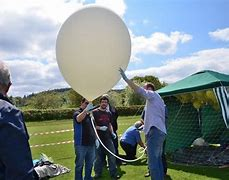The beginning of May marks the start of Asian American and Pacific Islander Month, a nation-wide celebration of the heritage and contributions of Asian Americans and Pacific Islanders. The term “AAPI” includes various groups of people, including East, South, and South-East Asians, as well as Pacific Islanders.
All throughout history, the contributions of Asian American community have repeatedly been ignored. Asian Americans participated in several industries, including agriculture, fishing, and railroad construction. The Transcontinental Railroad, which is considered one of the greatest inventions of the Second Industrial Revolution, was built by Chinese construction workers. To acknowledge the contributions of these hard-working individuals, activists began to advocate in the late 1970s for the recognition of Asian Americans and their accomplishments.
While it took over a decade to make it official, in 1977, New York representative Frank Horton proposed that the first ten days of May should celebrate Asian/Pacific American Heritage. Unfortunately, this proposal did not pass. In response, Horton requested the president to officiate the same proposal. On October 5, 1978, President Jimmy Carter signed the proposal into law, declaring that the first week of May shall be National Asian/Pacific American Heritage Week. In 1992, President George H.W. Bush upgraded the law, declaring May to be a month-long celebration instead of a week. Finally, in 2009, President Barack Obama renamed the celebration as Asian American and Pacific Islander Heritage Month.
Initially, May was always targeted as for when the celebration should take place during the year. The month holds two main milestones for the community: Golden Spike Day, which takes place on May 10, 1869, and the first day Japanese Immigrants arrived to the United States, which is marked on May 7, 1843. Golden Spike Day marks the completion of the transcontinental railroad. Constructing the railroad was very taxing on the Asian community, as many company owners would abuse their power and mistreat their workers. Despite this mistreatment, these Chinese immigrants built 1,776 miles worth of railroad tracks- something that had never been done before and changed American transportation forever.
Many people celebrate this month through various organizations and activities. Common activities include visiting an AAPI museum, educating yourself on cultural customs, or donating money to organizations supporting the community. At OCSA, we celebrate AAPI through our annual AAPI recital, which showcases a celebration of various backgrounds and cultural traditions. On Monday, April 15, 2024, at 6:30 PM, AAPI Club’s first ever event is being hosted as an effort to promote AAPI month. This May, consider learning about this wonderous community and joining in on their well-deserved celebration!


